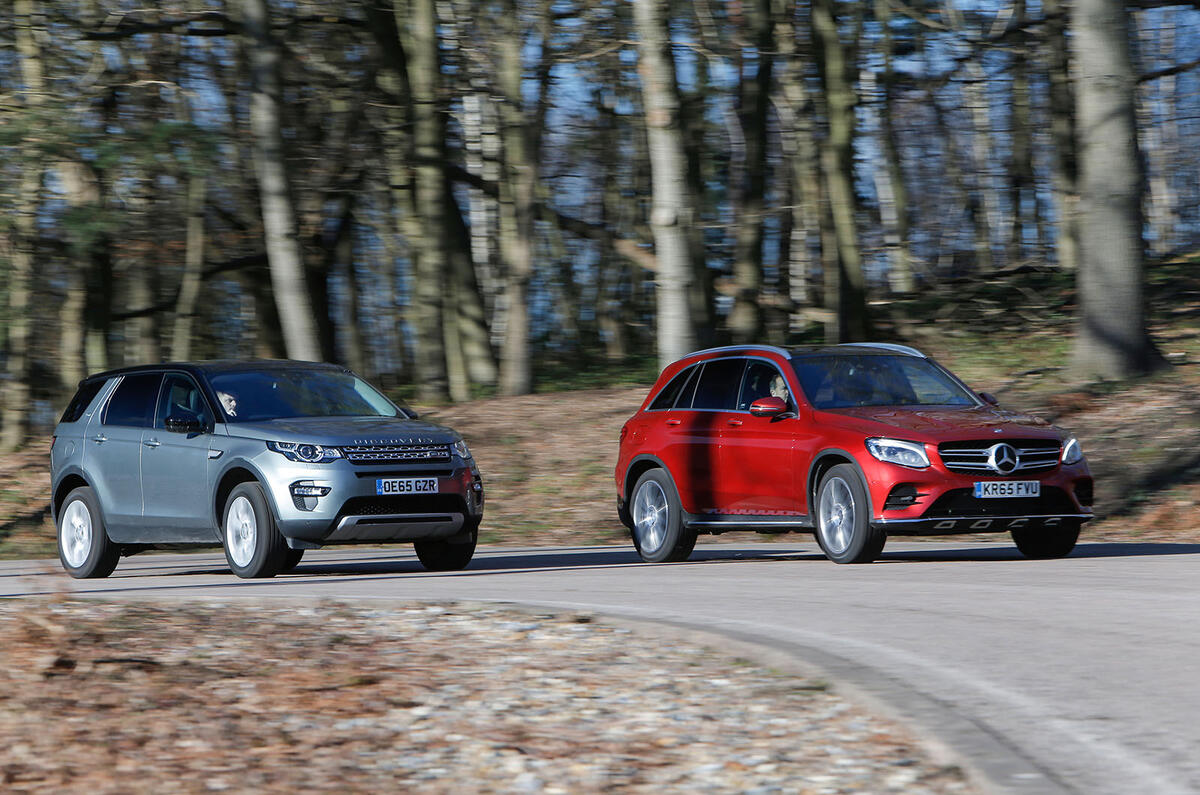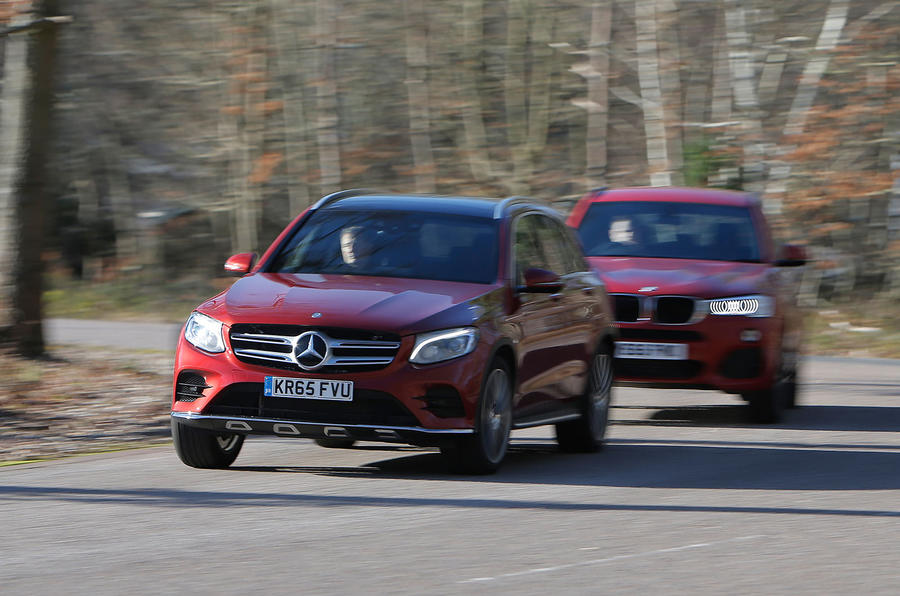It doesn’t seem that long ago that Mercedes SUVs came in two sizes: modest, as anyone might reasonably rate three generations of the M-Class, and massive, as anyone outside of the US would call the blimpish GL.
You could have a G-Wagen, too, of course, although no one did, because it was like buying a Land Rover Defender in Wehrmacht fancy dress. Mercedes also built something called the GLK, but you couldn’t have that in the UK, because converting it to right-hand drive was apparently too much of a bother.
Consequently, despite being in the business of turning out the kind of cars people suddenly want since the late 1990s, Mercedes, in the UK at least, has not previously made the waves it might have done.
We put the Mercedes-Benz GLC crossover through its paces in our full review
Since 2014, however, it has begun to emphatically fix that. With the launch of the compact Mercedes-Benz GLA, based on the A-Class’s architecture, the firm signalled to customers its intention to produce a crossover for every platform and attach a nameplate to suit. Thus we’ve had the Mercedes-Benz GLE (formerly the M-Class), very soon we’ll have the GLS (in place of the old GL) and between the lot, appropriately, there’s the focus of this test, the new Mercedes-Benz GLC.
This is the spiritual successor to the packaging blooper that was the GLK, so it represents something of an unknown quantity to British buyers.
Nevertheless, the underside (and therefore the general proportions) of the car ought to be well understood, because it rests on the Mercedes-Benz C-Class platform – albeit one slightly swollen in both length and width.

At any rate, the GLC can be concisely and immediately related to people by simply explaining that this is Mercedes’ answer to the BMW X3. Mercedes makes no bones about the identity of its direct rival, and with the highly popular BMW now middle-aged in its life cycle, this is as good a time as any to introduce a premium alternative to Munich’s fattened 3 Series.























































Join the debate
Add your comment
Route one
GLC
I have driven X3 ,X4, Macan , NX , Disco Sport and GLC
I by on PCP. Macan was great but not at 9.5% Apr No discounts take it or leave it.
Lexus superb inside but ride terrible - I was car sick.
BMW's ok but due to be replaced soon.
Having owned Freelander and Evoque last 5 years first thought was Disco sport - had one three days - cheap inside - compared to others mentioned - also Land Rover have forgotten loyal customers - 21 month old car paid 43k part ex 27k .
For me the Optimum car is one that drives well, well finished , good quality BUT THAT I CANNOT AFFORD TO BUY .
I would buy Disco Sport if interior was 'better finished ' and ' was affordable! The GLC is .
'
Only One